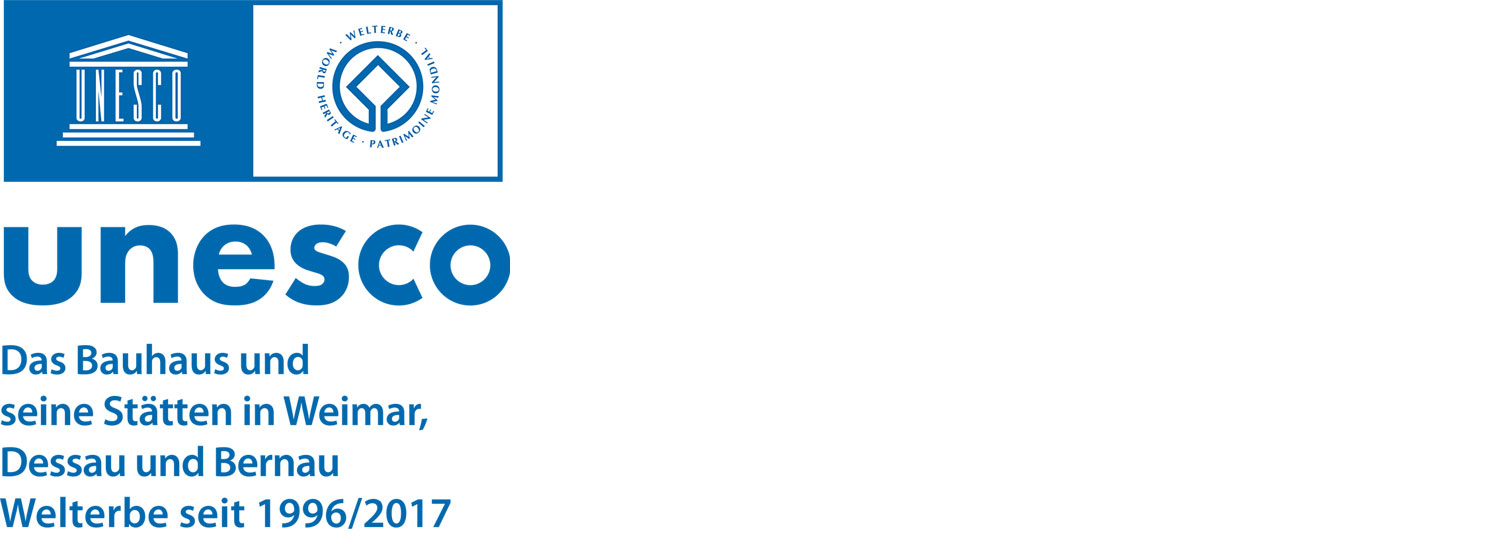The Foundation Council makes decisions and passes resolutions on fundamental matters concerning the Bauhaus Dessau Foundation, including the budget, the discharge of the Board of Directors and the appointment of directors. The members of the Foundation Council perform their duties on an honorary basis. The members of the Foundation Council are:
3 representatives of the State of Saxony-Anhalt
- Rainer Robra
Chief of the State Chancellery and Minister for Culture of the State of Saxony-Anhalt
Chair of the Foundation Council - Dr. Lydia Hüskens
Minister for Infrastructure and Digital Affairs of the State of Saxony-Anhalt - Holger Hövelmann
Member of the Saxony-Anhalt State Parliament
2 representatives of the Federal Government
- Ingo Mix
Group leader K 2 of the Federal Government Commission for Culture and the Media
Vice Chair of the Foundation Council - Dietmar Horn
Ministerial director, Federal Ministry of Housing, Urban Development, and Construction; Head of Department for Urban Development and Regional Planning
2 representatives of the city of Dessau-Roßlau
- Dr. Robert Reck
Lord Mayor of the City of Dessau-Roßlau - Jacqueline Lohde
Town mayor and councillor for building and urban green spaces


